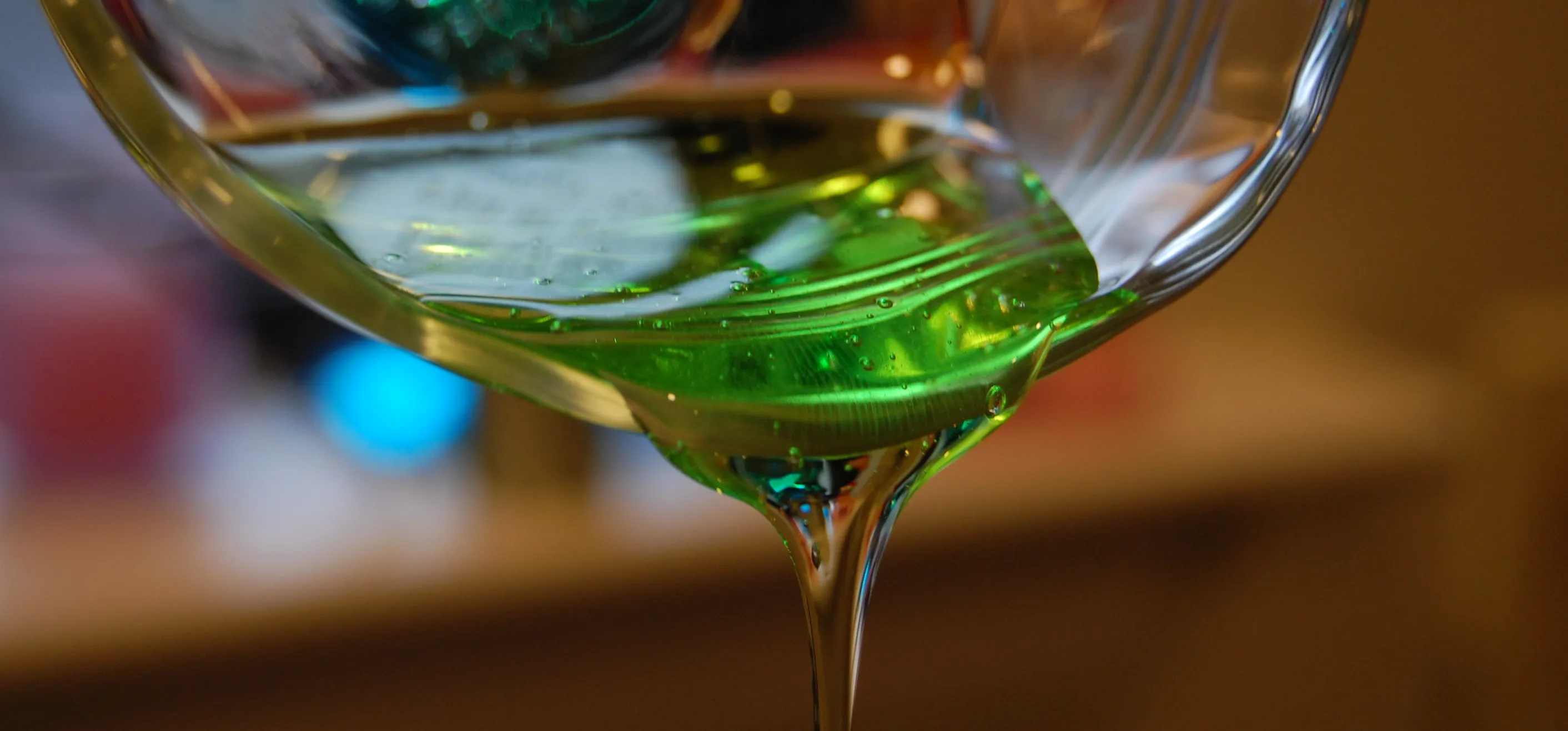The Interactive Lab Primer (ILP) has been developed as part of the Royal Society of Chemistry Teacher Fellowship Scheme, one of the themes of the Chemistry for Our Future program, and initiative which aims to secure a strong and sustainable future for the chemical sciences in higher education. The aim of the ILP is to address the diverse range of experience and skills students bring with them to a university by offering a resource to support their transition from school to the university chemistry laboratory. The ILP is quite simply a visual guide to common laboratory techniques.
This video tutorial will teach you how to perform hot filtration in the chemistry lab. Filtration is commonly carried out to separate a solid from a liquid. If the solid is to be discarded (such as in the removal of insoluble impurities) it is done by gravity filtration. If the solid is to be collected it is done under a reduced pressure using a Buchner Funnel and Buchner Flask. This is the simplest kind of filtration when the solution to be filtered is poured through a filter paper in a filter funnel. The filtration of hot solutions through a heated funnel and fluted filter paper is often carried out as part of a recrystalization. Gravity filtration is generally carried out to remove impurities rather than to isolate solids.
Always make yourself aware of the hazards associated with the chemicals involved in a practical before you even start. If you ever come across a chemical you do not know the hazard of you must assume that is very hazardous until you find otherwise.
























Comments
Be the first, drop a comment!